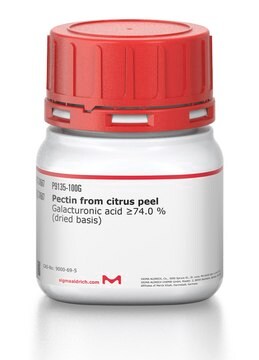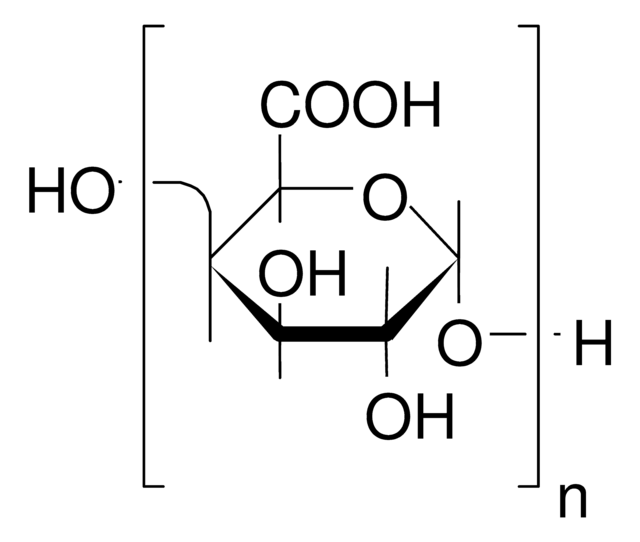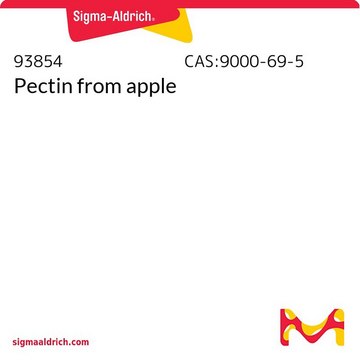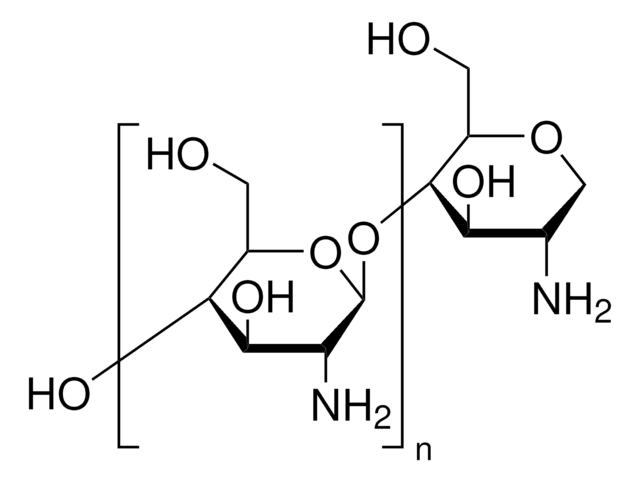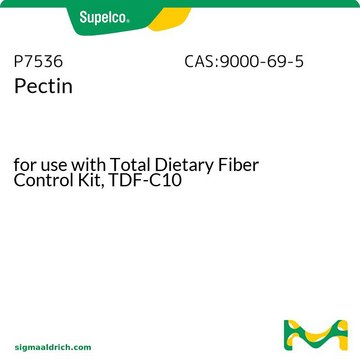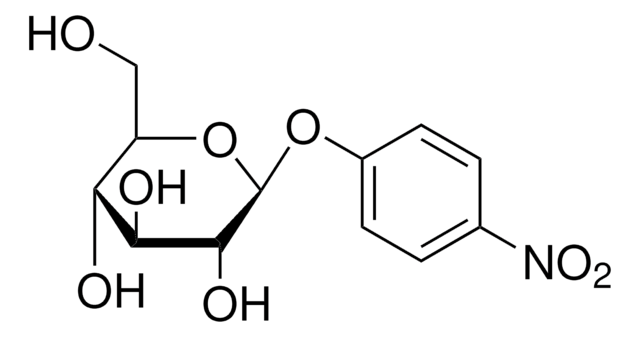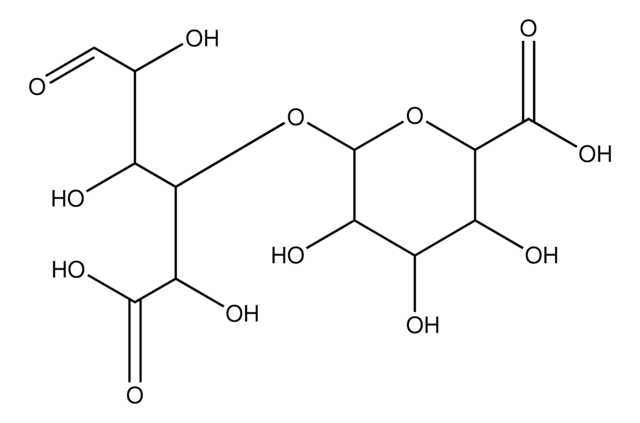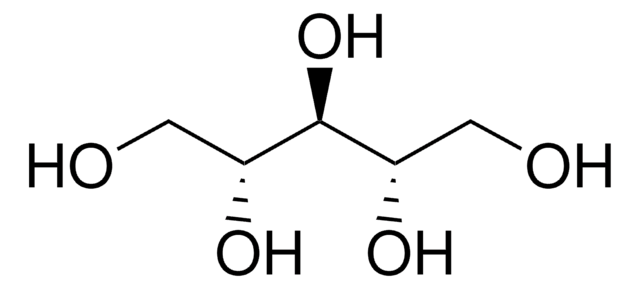P3850
Polygalacturonic acid sodium salt
from citrus fruit, ≥75% (titration)
Synonyme(s) :
Polyanhydrogalacturonic acid, Sodium polypectate
About This Item
Produits recommandés
Source biologique
citrus fruit
Essai
≥75% (titration)
Forme
powder
Couleur
white to light brown
Solubilité
water: 10 mg/mL, hazy to turbid, faintly yellow to yellow
Traces de cations
Na: 6.5-10.5% (ICP)
Température de stockage
room temp
Vous recherchez des produits similaires ? Visite Guide de comparaison des produits
Description générale
Application
Actions biochimiques/physiologiques
Autres remarques
Code de la classe de stockage
11 - Combustible Solids
Classe de danger pour l'eau (WGK)
WGK 3
Point d'éclair (°F)
Not applicable
Point d'éclair (°C)
Not applicable
Équipement de protection individuelle
Eyeshields, Gloves, type N95 (US)
Faites votre choix parmi les versions les plus récentes :
Déjà en possession de ce produit ?
Retrouvez la documentation relative aux produits que vous avez récemment achetés dans la Bibliothèque de documents.
Les clients ont également consulté
Notre équipe de scientifiques dispose d'une expérience dans tous les secteurs de la recherche, notamment en sciences de la vie, science des matériaux, synthèse chimique, chromatographie, analyse et dans de nombreux autres domaines..
Contacter notre Service technique